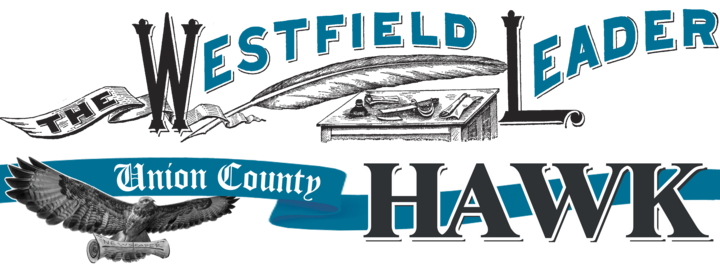Back in November 1998, I was walking around downtown Westfield when, on a lark, I stopped into the cramped offices of The Westfield Leader/Scotch Plains-Fanwood Times, then located at 50 Elm Street. A tall woman, who I soon learned was Gail Corbin, cheerfully greeted me as I hesitantly asked her, “Are you looking for any help?” She replied with some relief, “As a matter of fact, we are!”
And 25-plus years later, I estimate that, so far, I’ve covered more than 800 council meetings — mostly in Scotch Plains but also Fanwood and, earlier, Cranford — as well as a few hundred planning and zoning board hearings and a couple dozen municipal elections, hosted more than 20 candidate debates, written plenty of editorials, feature pieces and travel articles, taken lots of photos and met plenty of great people who remain friends. In sum, I’ve had the time of my life.
And it all got started thanks to the man who was the second person to greet me that November afternoon. Right behind Gail stood Horace Corbin, the owner and publisher of the two newspapers, grinning broadly as he extended his hand and said hello to me.
After a few test runs as a reporter and writer, I was offered the Scotch Plains township council beat on a permanent basis. On December 29, 1998, I attended my first council meeting, and I never looked back.
None of it would have been possible— or been as much fun—had it not been for Horace Corbin’s enthusiasm and encouragement, and his love of his newspapers and the communities they served. His death this week was certainly the end of an era around here, and for me personally.
Horace, who bought the paper in 1996 and owned it for almost 24 years, used to tell me his goal every week was to produce “the best little newspaper in the world” — and I think he achieved that. The Leader and the Times (now Union County HAWK) have outlasted various competitors in a brutal environment for the print newspaper industry, and especially local papers, which are disappearing across the country and leaving a giant absence of news about property taxes, road resurfacing projects, board of education decisions, local elections, high school and other youth sports, local entertainment and community activities.
Through it all, Ho, as everyone called him, played the Happy Warrior as he fended off any sniping from readers and elected officials about the newspaper’s content, dealt with some writing that wasn’t always up to snuff, faced less ad revenue than he probably hoped for and maneuvered the papers through periodic snafus — technical and otherwise — while getting each week’s edition out on time.
He encouraged and defended his reporters and often sent the staff emails congratulating us on a job well-done. I remember when he told me of his extensive research into translating the paper’s slogan — “We reach people, not driveways” — into Latin so it could be placed on the top of the front page each week. I often found him tinkering with writing new computer programs to streamline operations. He revved up the use of short online video interviews with local officials and in the summer of 2005, he let me host a two-hour television forum, produced with Comcast, about property-tax reform with a dozen state and local officials.
Twenty years ago, well before it was on the national radar, he published an editorial I wrote in support of same-sex marriage. He also let me write a slew of newspaper editorials back in the early 2000s on pretty much any topic that sprung to my mind, including one supporting the then-controversial risque window displays at the Victoria’s Secret store on East Broad Street, another mocking the celebrity culture gaining steam on cable TV and a bunch dealing with the 9/11 attacks.
Ho could almost always be found at the newspaper office—either at 50 Elm Street or at the 251 North Avenue office when we moved in the mid-2000s. You’d often find Horace chatting it up with a mayor or a businessperson or a friend — or me. In my early days with the paper, I’d often stop in after work or on a Saturday to sit around and talk about the paper, about local politics and personalities and our own lives. Sometimes he’d bounce off me one of his ideas for making the papers better and ask for my reaction. And he was always open to the handful of times I vented to him about something that had been printed that I found questionable. And there were plenty of nights when we’d finish our conversation over drinks at the Jolly Trolley.
I had long dreamed of writing for a newspaper, and thanks to my spur-ofthe- moment decision in November 1998, Horace gave me that opportunity — and allowed me to flourish and thrive and have a great time, secure in the knowledge that my publisher supported me and my colleagues. It’s been a highlight of my life to be part of a team that put out the best little newspaper in the world. For that, I’ll be forever grateful to Ho.



